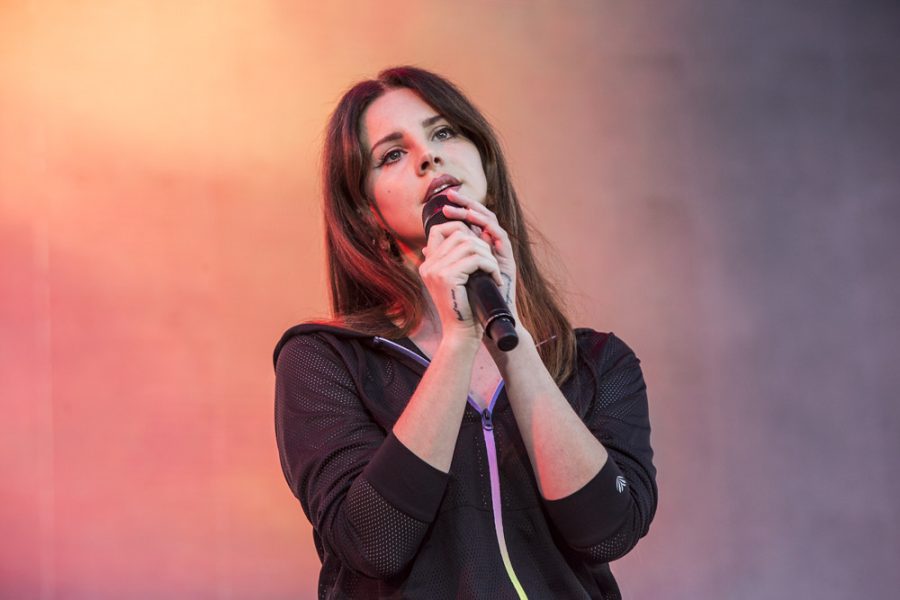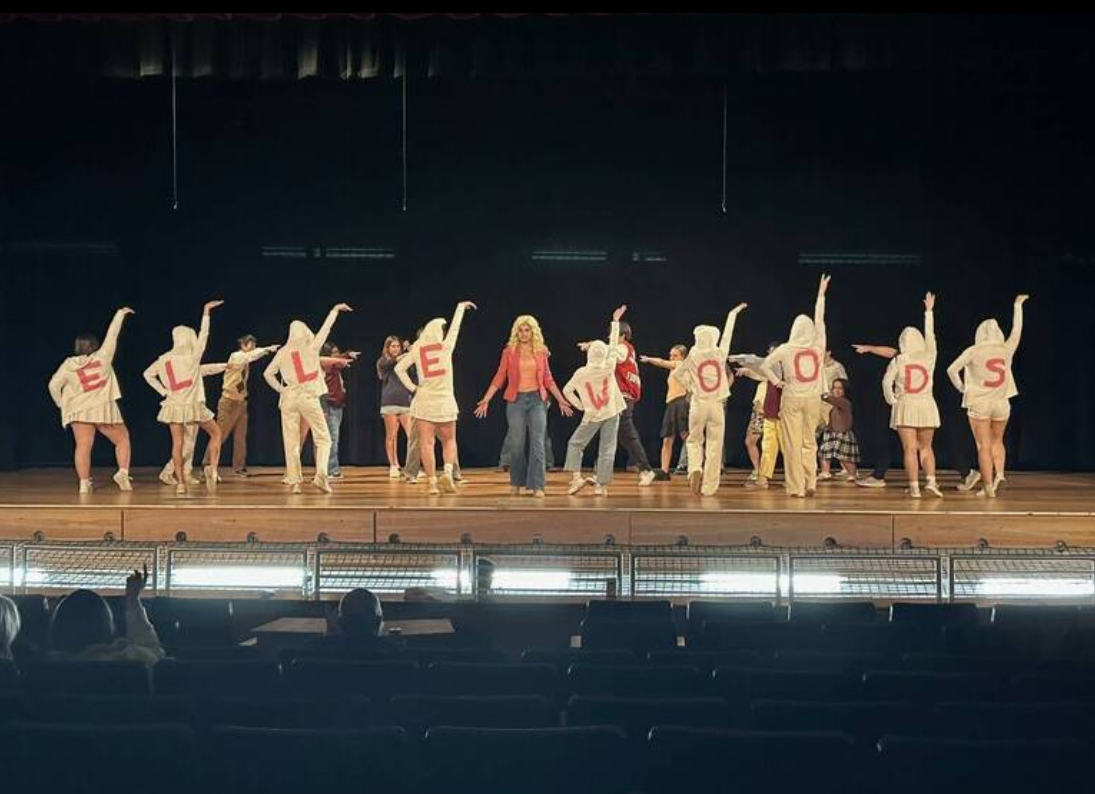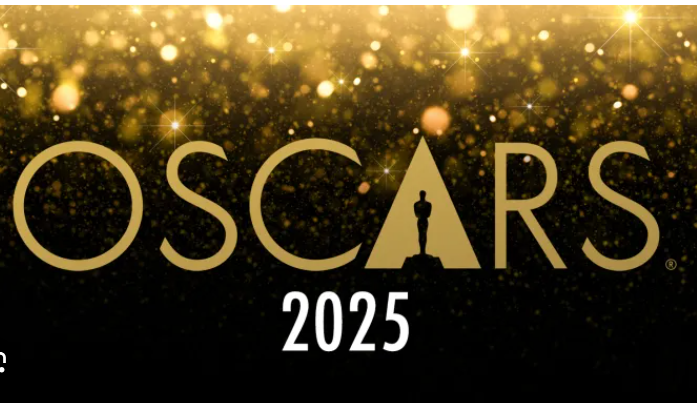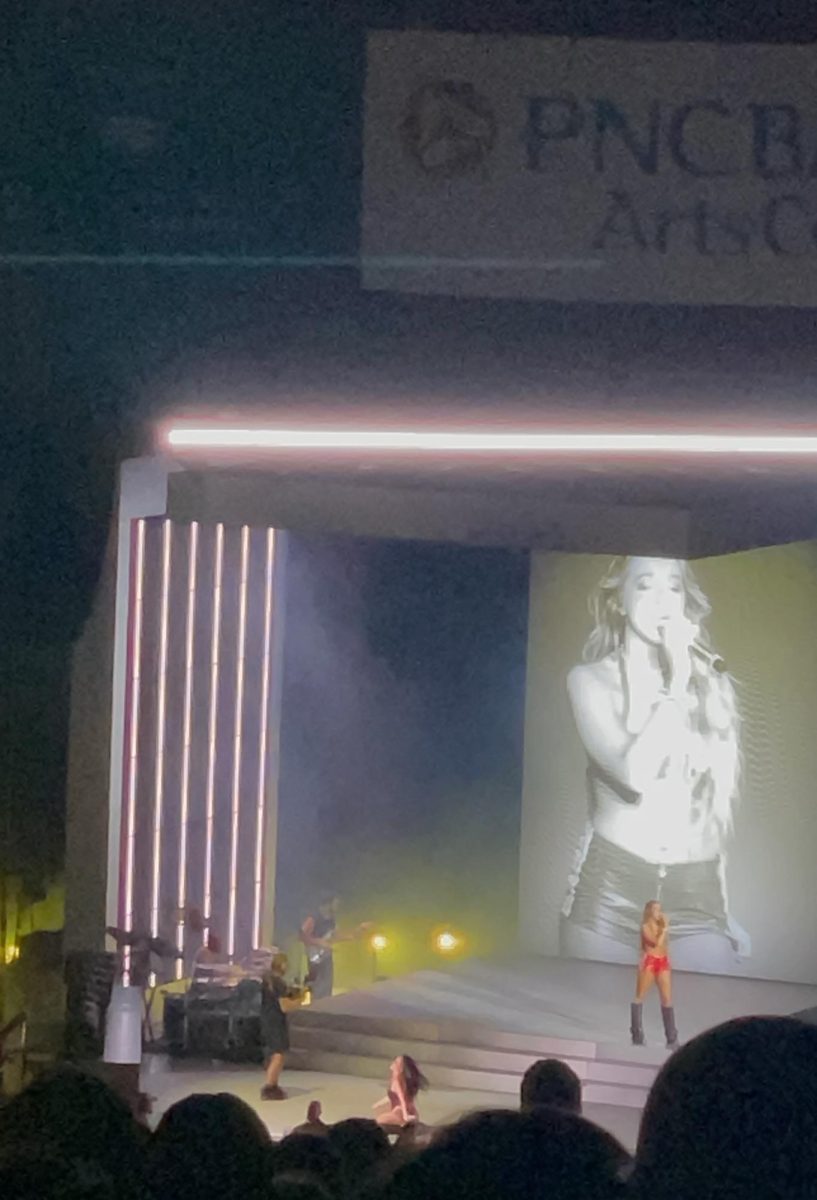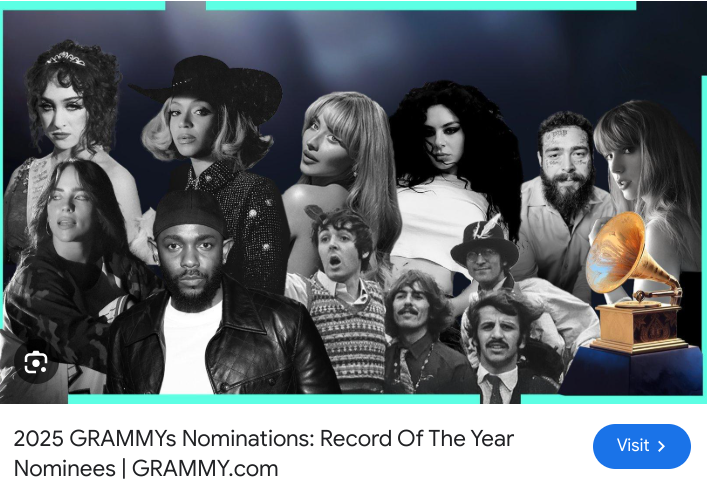Fans of the singer Lana Del Rey anxiously awaited the star’s newest album, which had long been promised, and the release date pushed back. Finally, after months of anticipation, “Chemtrails Over the Country Club” was released and debuted at number one on Billboard’s top album sales charts. Reviews praised Del Rey for her vulnerability on the album, opting for a more stripped down sound whilst keeping her romanticized and highly aestheticized flair.
Despite this recent success, the “Summertime Sadness” singer has had her share of controversy over the years. It seems that trouble tends to follow where the star goes, controversy begins for Del Rey as early back as the release of her first album. In her music video, “Ride” for her 2012 album “Born To Die” she donned a full Native American headdress that has since been called out for cultural appropriation. It wasn’t until about seven years later that Del Rey released a spoken-word album with half the proceeds to go to Native American organizations as “reparations” for her former ignorant actions. Despite this previous incident, the singer was able to go on to have a successful career. The star continued to have some minor discretions along the way, from slamming critics who disliked her work, to public twitter-disputes with Azealia Banks, however there was one reputation the singer could not quite shake.
Del Rey has long been accused of glamorizing abuse, with lyrics such as, “he hit me and it felt like a kiss.” This leads to perhaps her most infamous scandal, when the star took to Instagram in May of 2020 to release a statement entitled, “A Question for the Culture.” The multiple page rambling appeared to be typed on a typewriter, and left many wondering how the singer’s team could have ever approved the decision to release this statement. In the controversial call-out post Del Rey name drops many popular female singers (mostly women of color) who have dominated the charts as of late, including Doja Cat, Kehlani, Nicki Minaj, Beyonce, Ariana Grande, and Camilla Cabello. Del Rey complains that these artist’s are able to sing about “being sexy,” and “wearing no clothes” and appears to complain that while these women can sing about their own sexual empowerment, she cannot sing about “being embodied, feeling beautiful by being in love even if the relationship is not perfect…without being crucified or saying that (she is) glamorizing abuse…”
Del Rey was meant with great backlash online, some feeling that her scathing letter was in poor taste, and even racist. Fans were not comfortable with her comparison of consensual sexual activity with her singing about abuse. Many felt that she went out of her way to single out and contribute to the demonizing of women of color for embracing their sexuality. Del Rey also expressed that she was “not, not a feminist,” in a double-negative that left fans confused as to what she intended on saying. She went on to state she felt there was no longer a place for women like her in modern feminism, because she chooses to be “sometimes submissive or passive” in relationships. Most fans found this statement to be problematic coming from a cis-gender, wealthy white woman who modern day feminism most serves to benefit. The statement overall was deemed tone-deaf and the singer did more to hurt her reputation than to repair it.
Just months later, the star was called out for wearing a “mesh mask” while meeting fans that was speculated to not prevent the spread of Coronavirus due to its porous nature. She later donned it in a music video for the title track of her new album in a move some praised while others found it petty and immature. These back-to-back scandals resulted in a public image disaster for the star, who was continuously torn apart in the media and on social media platforms. It only got worse for her following the reveal of her album cover for “Chemtrails Over the Country Club”, when the star preemptively announced she didn’t want to see backlash for a lack of diversity by stating she “has black friends” and has “dated rappers” despite not including these people of color in the album art.
Now, just days after the release of her newest album, she has vowed “revenge” on the media that has scorned her, and claims she will challenge the beliefs that her “career was built on cultural appropriation and glamorizing domestic abuse” in her new album titled Rock Candy Sweet which is set to debut June 1st. Del Rey has often promised to release music at a specific date leaving fans disappointed when completely abandoning these promises. Fans can only wait to see what is next for the controversial star, wondering if the critically-acclaimed music is worth supporting someone with such a controversial pattern of behavior?



